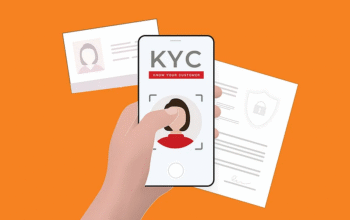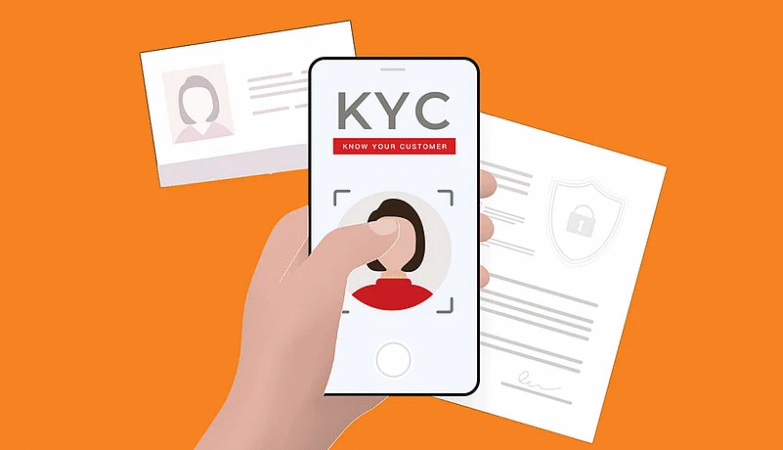Dubai is now a leading business center, drawing in big companies and entrepreneurs from all over the world. As the UAE grows quickly, businesses need strong ways to address disputes, ensuring they work well in this emirate. Knowing what is allowed by the law and what methods can help resolve issues can save your business money, keep relationships strong and secure valuable assets.
Understanding Dubai’s Legal Framework
In the United Arab Emirates, Islamic teachings are used together with commercial legislation in the legal system. As part of the federation, Dubai has put in place complex and specific laws to handle major business conflicts. Business disputes in Abu Dhabi are handled by commercial courts in the courts system and various alternative options offer companies convenient ways to deal with conflicts outside typical lawsuits.
Dubai’s legal system values offering companies easy-to-predict and swift solutions for disputes. As a result, different methods of dispute resolution have been supported by the enactment of wide-ranging laws. Businesses in Dubai are helped by a legal system that accepts overseas commercial methods and also values the city’s own customs and laws.
The Role of Arbitration in Dubai’s Business Environment
Dubai’s arbitration laws have changed a lot to support international businesses. Because of its excellent arbitration process, Dubai has become a leading center for arbitration across the Middle East. The Dubai International Arbitration Centre acts as an important body for settling commercial disputes, offering businesses qualified arbitrators and a simple procedure.
Arbitration brings numerous benefits to companies doing business in Dubai. Usually, the process is quicker than classic litigation, enabling companies to handle matters quickly and get back to what they do best. Moreover, matters handled in arbitration are reserved for those involved, so private business information is not disclosed. Arbitral awards end the dispute, as they are not usually appealable which ensures all disagreements receive a firm conclusion.
Since Dubai recognizes international arbitration laws, many companies involved in international markets choose this approach. The New York Convention was signed by the UAE, so arbitration rulings made elsewhere can be easily enforced in the UAE. Companies can trust that if they choose arbitration, arbitral awards will be respected and respected by countries all over the world.
Mediation as a Cost-Effective Alternative
Arbitration ensures you get a formal outcome, but mediation offers businesses more flexibility and leaves them with less expense. During mediation, someone who does not take sides helps the parties in conflict reach agreements both parties can accept. Doing this keeps businesses connected by solving problems together, rather than against each other.
Many companies in Dubai are now turning to mediation to settle disputes. With mediation, parties are in charge, as mediators instead carefully direct the negotiation process. Usually, the combined effort creates solutions that align with all parties’ interests which result in lasting deals.
Knowing that their discussions in mediation won’t be shared allows parties to speak frankly, since the information they exchange at the mediation cannot be used if the mediation does not result in an agreement. As a result, businesses can consider various settlements without worrying about prejudicing their positions in legal fights. Since mediation lets businesses resolve things rapidly, it helps protect regular activities and partnerships.
Strategic Considerations for Dispute Resolution Planning
The companies working in Dubai make sure they have good strategies for resolving conflicts ahead of time. Under this approach, businesses are proactive by writing policies within agreements on how disagreements will be handled. You need to address aspects such as which laws to apply, how disputes will be tried which language to use and what the parties will do to address issues.
When designing dispute resolution clauses, businesses ought to take into account their relationships and what kinds of problems could happen. A combination of steps in dispute resolution may include first trying to resolve the problem through direct negotiation, proceeding to mediation if that fails and ending with arbitration to make a final judgment. By doing things this way, disputes can often be settled easily, but large issues are still handled formally.
You should choose arbitrators or mediators only after checking their level of understanding, their track record and experience with cases similar to yours. With many international businesses thriving nearby, Dubai needs experienced professionals who are familiar with both commercial laws from worldwide and local business norms. Being culturally competent can make a real difference when it comes to solving issues and keeping good relations with companies from different cultures.
Enforcement and Implementation Challenges
Even though Dubai’s laws are well-established, businesses must be careful about the challenges of actualizing the outcomes of dispute resolutions. Although the emirate has strengthened enforcement policies, issues relating to where assets are kept, the organization of companies and problems with different countries can still affect how rewards are paid.
Corporations should arrange their workflows so that assets are accessible and that their organization can be easily used in times of disagreement. Properly preparing for the future means documenting events, keeping records and having important team members available for dispute management.
Future Trends in Dubai’s Dispute Resolution Landscape
Dubai is continually replacing traditional practices with new techniques and standards from elsewhere to solve disputes in its growing business environment. There is more and more use of online platforms to settle smaller business disputes and artificial intelligence is now supporting case organization and review of documents.
The UAE’s goal to be a top business hub leads to ongoing upgrades in how disputes are managed. Companies have introduced detailed training courses for lawyers, built more arbitration venues and kept up with international rules and guidelines.
Conclusion
Dubai’s fast-changing commercial scene requires businesses to use effective strategies for resolving disputes. If businesses learn about the options such as traditional court cases versus today’s arbitration and mediation services, they can safeguard what matters to them without damaging important business relationships. By planning ahead, carefully writing contracts and choosing the best ways to settle disputes that fit the company’s goals and willingness to take risks, you can avoid many issues. With Dubai’s growing role as an international business center, companies will be able to rely on improved and advanced means of settling commercial disputes.










